Filter by
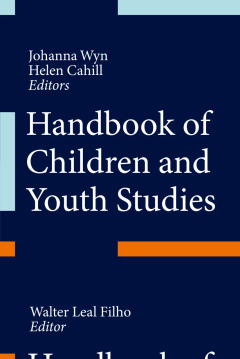
Handbook of Climate Change Adaptation
The Handbook of Climate Change Adaptation addresses the scientific, social, political and cultural aspects of climate change in an integrated and coherent way. The multi-volume reference focuses on one of the key aspects of climate change: adaptation and how to handle its impacts on physical, biotic and human systems, analyzing the social and normative scientific concerns and presenting the too…
- Edition
- -
- ISBN/ISSN
- 978-3-642-38669-5
- Collation
- XL, 2198
- Series Title
- -
- Call Number
- 320 HAN
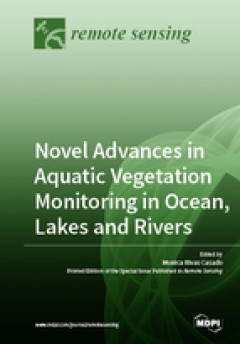
Novel Advances in Aquatic Vegetation Monitoring in Ocean, Lakes and Rivers
In recent decades, there has been an increase in the development of strategies for water ecosystem mapping and monitoring. Overall, this is primarily due to legislative efforts to improve the quality of water bodies and oceans. Remote sensing has played a key role in the development of such approaches—from the use of drones for vegetation mapping to autonomous vessels for water quality monito…
- Edition
- -
- ISBN/ISSN
- 978-3-03921-206-4
- Collation
- -
- Series Title
- -
- Call Number
- 628 NOV
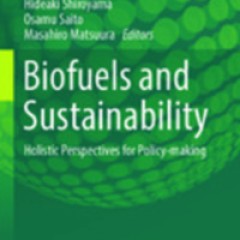
Biofuels and Sustainability : Holistic Perspectives for Policy-making
This open access book presents a comprehensive analysis of biofuel use strategies from an interdisciplinary perspective using sustainability science. This interdisciplinary perspective (social science-natural science) means that the strategies and policy options proposed will have significant impacts on the economy and society alike. Biofuels are expected to contribute to reducing greenhouse ga…
- Edition
- -
- ISBN/ISSN
- 978-4-431-54895-9
- Collation
- -
- Series Title
- -
- Call Number
- 628 BIO
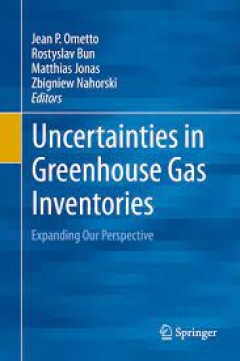
Uncertainties in Greenhouse Gas Inventories Expanding Our Perspective
This book is based on the 2014 Special Issue 124(3) of Climatic Change. It brings together 16 key papers presented at, or produced, subsequent to the 2010 (3rd) International Workshop on Uncertainty in Greenhouse Gas (GHG) Inventories. The Workshop was jointly organized by the Lviv Polytechnic National University, Ukraine; the Systems Research Institute of the Polish Academy of Sciences; and th…
- Edition
- -
- ISBN/ISSN
- 978-3-319-15901-0
- Collation
- XV, 240
- Series Title
- -
- Call Number
- -

The Empirical Validation of House Energy Rating (HER) Software for Lightweigh…
This book reports on the first empirical validation of “AccuRate,” Australia’s national benchmark software tool for house energy ratings. The validation was conducted by the University of Tasmania in collaboration with Forest and Wood Products Australia, the Australian Government, the CSIRO and industry partners. The study presented here describes the results of graphical and statistical …
- Edition
- -
- ISBN/ISSN
- 978-3-319-14337-8
- Collation
- XIX, 344
- Series Title
- Springer Theses
- Call Number
- -
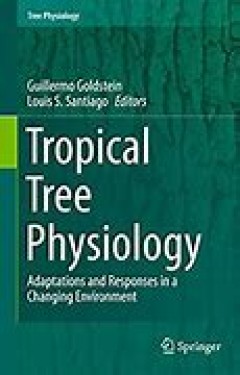
Tropical Tree Physiology Adaptations and Responses in a Changing Environment
This book presents the latest information on tropical tree physiology, making it a valuable research tool for a wide variety of researchers. It is also of general interest to ecologists (e.g. Ecological Society of America; > 3000 or 4000 members at annual meeting), physiologists (e.g. American Society of Plant Biologists; > 2,000 members at annual meeting), and tropical biologists (e.g. Associa…
- Edition
- -
- ISBN/ISSN
- 978-3-319-27422-5
- Collation
- 54 b/w illustrations, 72 illustrations in colour
- Series Title
- -
- Call Number
- -
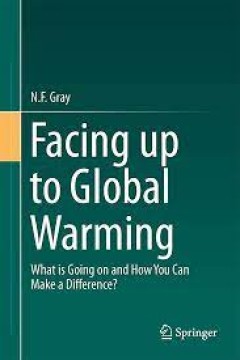
Facing Up to Global Warming What is Going on and How You Can Make a Difference?
In this volume, Professor N.F. Gray offers a comprehensive primer on climate change, sustainability, and how the two concepts are related. This book consists of fifteen chapters, each treating a specific aspect of the current global crisis, including scientific background as well as an up to date appraisal of the issue at hand. It covers the reasons behind climate change and the effect it will …
- Edition
- -
- ISBN/ISSN
- 978-3-319-20146-7
- Collation
- 28 b/w illustrations, 155 illustrations in colour
- Series Title
- -
- Call Number
- -
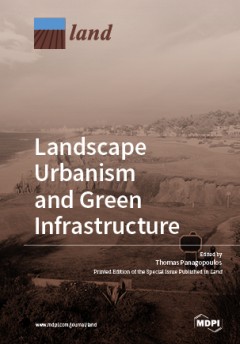
Landscape Urbanism and Green Infrastructure
This volume examines the applicability of landscape urbanism theory in contemporary landscape architecture practice by bringing together ecology and architecture in the built environment. Using participatory planning of green infrastructure and application of nature-based solutions to address urban challenges, landscape urbanism seeks to reintroduce critical connections between natural and urba…
- Edition
- -
- ISBN/ISSN
- 978-3-03921-370-2
- Collation
- -
- Series Title
- -
- Call Number
- 628 LAN
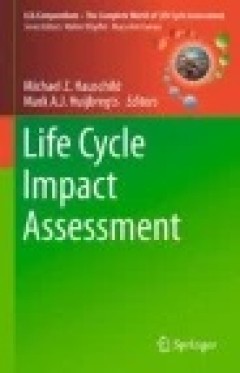
Life Cycle Management
This book provides insight into the Life Cycle Management (LCM) concept and the progress in its implementation. LCM is a management concept applied in industrial and service sectors to improve products and services, while enhancing the overall sustainability performance of business and its value chains. In this regard, LCM is an opportunity to differentiate through sustainability performance on…
- Edition
- -
- ISBN/ISSN
- 978-94-017-7221-1
- Collation
- -
- Series Title
- -
- Call Number
- -
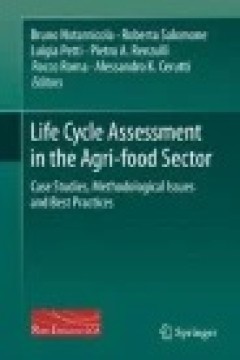
Life Cycle Assessment in the Agri-food Sector: Case Studies, Methodological I…
The book presents an overview of the International practices and state-of-the-art of LCA studies in the agri-food sector, both in terms of adopted methodologies and application to particular products; the final purpose is to characterise and put order within the methodological issues connected to some important agri-food products (wine, olive oil, cereals and derived products, meat and fruit) a…
- Edition
- -
- ISBN/ISSN
- 978-3-319-11940-3
- Collation
- -
- Series Title
- -
- Call Number
- -
 Computer Science, Information & General Works
Computer Science, Information & General Works  Philosophy & Psychology
Philosophy & Psychology  Religion
Religion  Social Sciences
Social Sciences  Language
Language  Pure Science
Pure Science  Applied Sciences
Applied Sciences  Art & Recreation
Art & Recreation  Literature
Literature  History & Geography
History & Geography